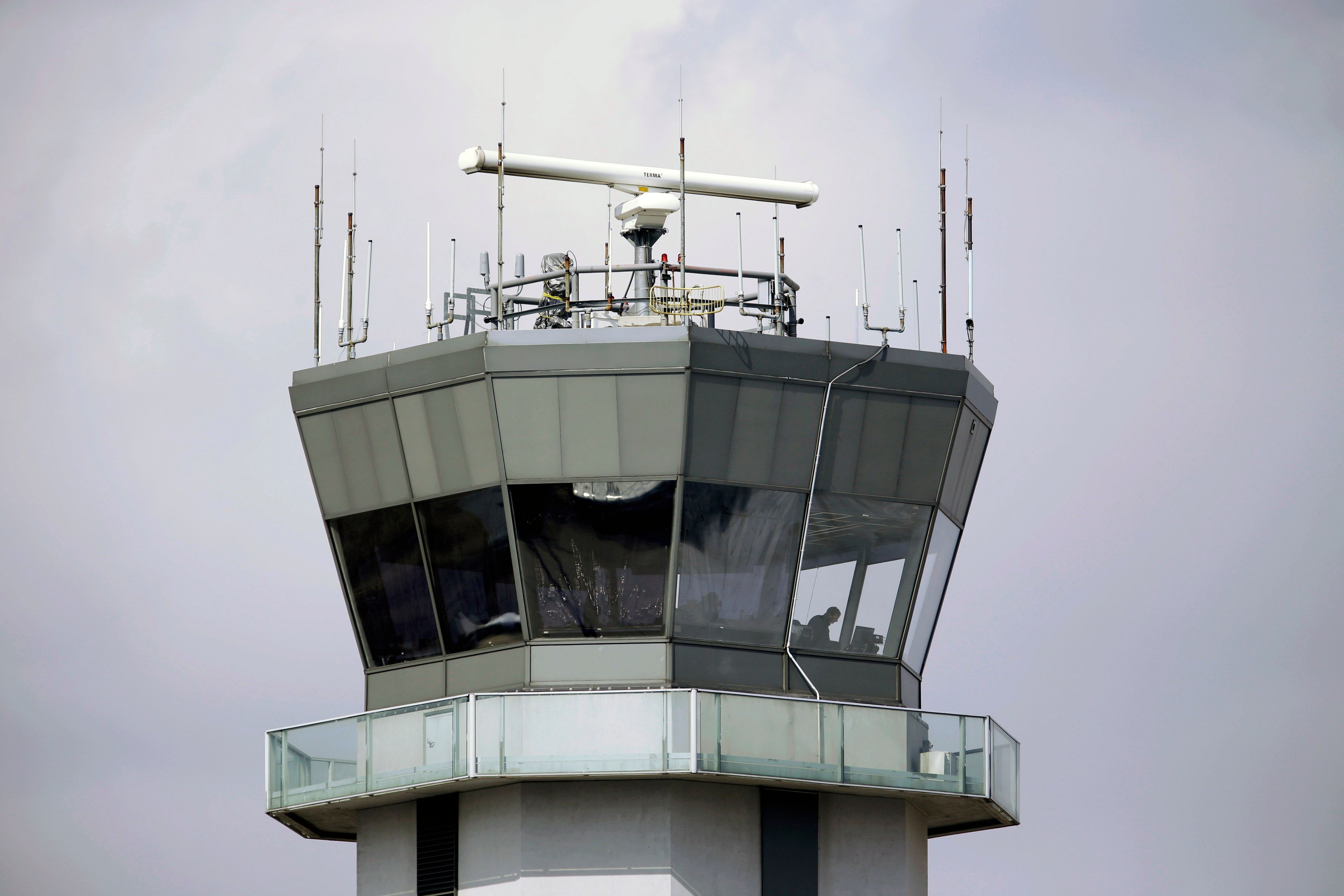Watchdog urges more action to protect planes from hackers
A federal watchdog agency says safety regulators aren't doing enough to protect airliners from cyberattacks

Your support helps us to tell the story
From reproductive rights to climate change to Big Tech, The Independent is on the ground when the story is developing. Whether it's investigating the financials of Elon Musk's pro-Trump PAC or producing our latest documentary, 'The A Word', which shines a light on the American women fighting for reproductive rights, we know how important it is to parse out the facts from the messaging.
At such a critical moment in US history, we need reporters on the ground. Your donation allows us to keep sending journalists to speak to both sides of the story.
The Independent is trusted by Americans across the entire political spectrum. And unlike many other quality news outlets, we choose not to lock Americans out of our reporting and analysis with paywalls. We believe quality journalism should be available to everyone, paid for by those who can afford it.
Your support makes all the difference.Federal regulators have not taken adequate steps to protect computer systems on airliners from hackers, a government watchdog agency reported on Friday.
The agency said the Federal Aviation Administration has not developed a training program for cybersecurity or test airplane computer systems that could be vulnerable to attack.
The Government Accountability Office said that without improvements, “FAA may not be able to ensure sufficient oversight to guard against evolving avionics cybersecurity risks.”
The GAO recommends that FAA conduct a risk assessment of security of avionics systems and train inspectors to judge security of avionics systems. It said FAA should also enact guidance that includes independent testing of cybersecurity on new airplane designs.
The GAO report focused on the vulnerability of systems on planes that automatically transmit data to air traffic controllers, airline maintenance crews and others on the ground. Advanced networks carry data used to track planes tell pilots about weather ahead, and handle secure communication between pilots and people on the ground.
The auditors said the ever-growing use of technology and increasingly complex systems have created "new opportunities for persons with malicious intentions to target commercial transport airplanes.” They said, however, that aircraft manufacturers have built in safeguards, and there have been no reports of successful hacker attacks.
Manufacturer representatives told GAO they realize cybersecurity threats are growing, and they are trying to involve security experts in testing their planes. Airbus officials told GAO they have allowed security agencies in France, Germany and the United Kingdom to conduct cyber-penetration tests. Boeing Co. told the auditors they have also allowed third-party testing during airplane certification after the FAA requested the step.
The FAA said it agreed with most of the watchdog agency’s recommendations. It said it has addressing cybersecurity risks to planes since 2005 using standards that were created with the help of the aviation industry.
Senators including Susan Collins, R-Maine, and Jack Reed, D-R.I., asked GAO to conduct the study, which was done between April 2019 and this month.